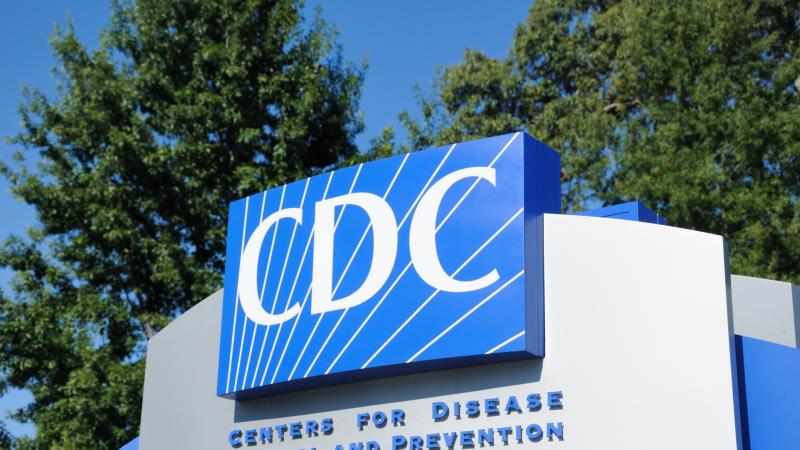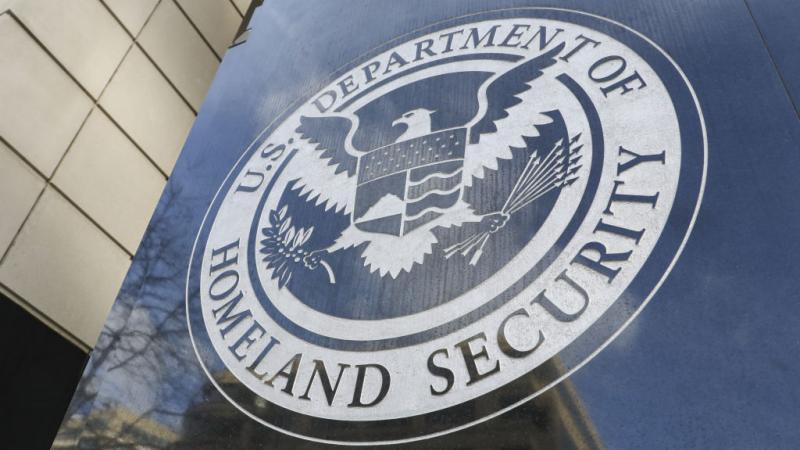Texas abortion law preventing fewer procedures than expected, report
Two UT-Austin studies suggest out of state visits and overseas abortion pills undermined the law's efficacy in preventing abortions.
The recently implemented Texas abortion law that effectively prohibits the procedure six weeks after conception has resulted in fewer abortions than projected, according to two new studies.
The studies by two groups of researchers at the University of Texas at Austin were reported Monday by The New York Times and indicate the total number of abortions in Texas fell by roughly 10%, compared to projections of about 50%.
The researchers' early finding indicate a significant number of women who no longer qualified for legal abortions in Texas were going to out-of state-clinics for the procedure or ordering abortion pills online.
The law was drafted and passed by the state legislature's Republican majority, signed into law in May 2021 by GOP Gov. Greg Abbott and took effect about four months later.
Other GOP-led states have passed or are attempting to pass similar legislation to limit abortions, as the Supreme Court considers a case on the matter. The high court is excepted to announce its decision in June, one that is expected to allow each state to set its own laws.
According to one of the studies, released Sunday, an average 1,400 women a month visited one of seven nearby, out-of-state abortion sites since the law went into effect roughly six months ago. The figure is roughly 12 times the number who sought an abortion outside of Texas prior to the implementation of the law.
An average 1,100 women ordered abortion pills online each month from overseas service Aid Access that sends pills in the mail by facilitating a connection between U.S. women, European doctors and Indian pharmacies.
Despite the number of prevented abortions being smaller than initially realized, those who oppose elective abortions say the law is achieving its intended goal.
"There's no hesitation from our side to declare this a victory for actually protecting pre-born children from elective abortion," the legislative director of Texas Right to Life told The New York Times.
Abigail R.A. Aiken, an author of one of the studies, called the law "semi-effective."
"It will not stop all abortions," she said.















